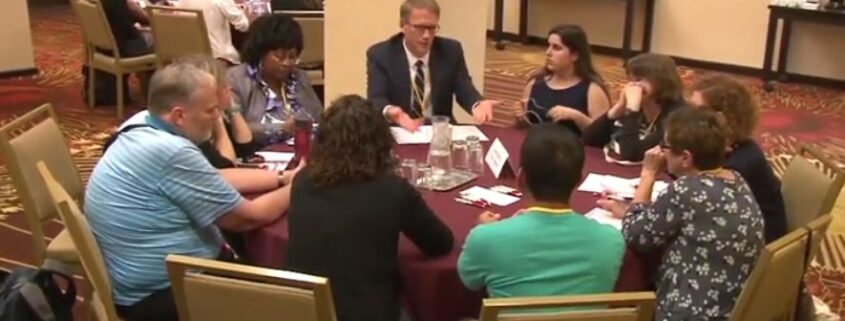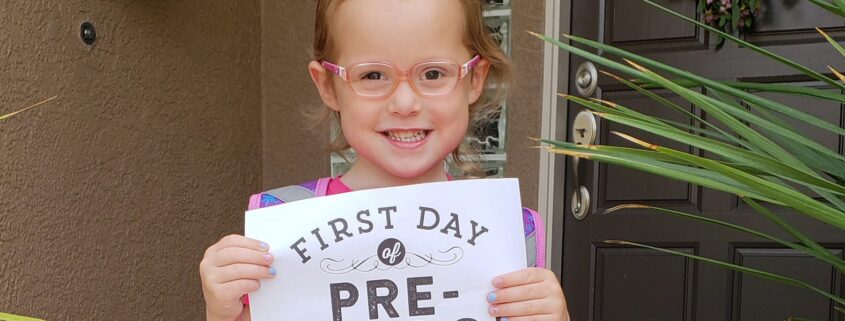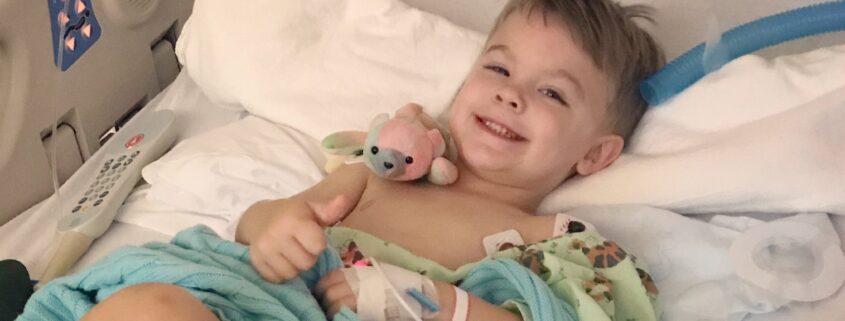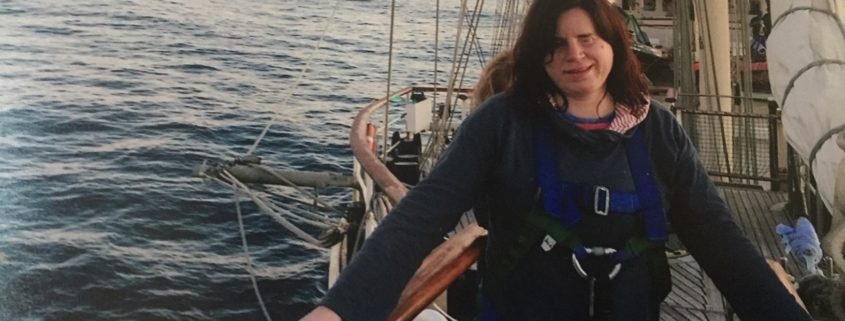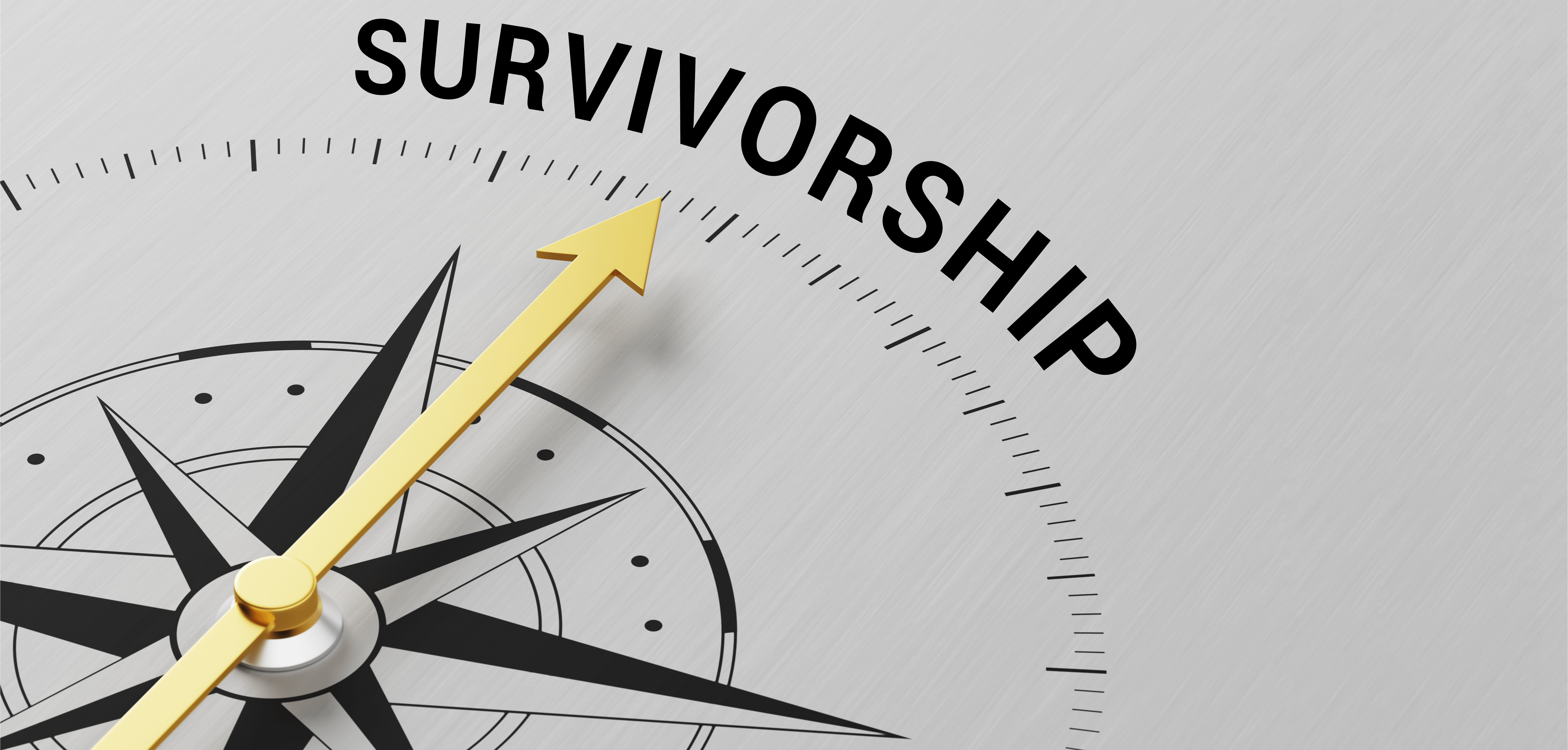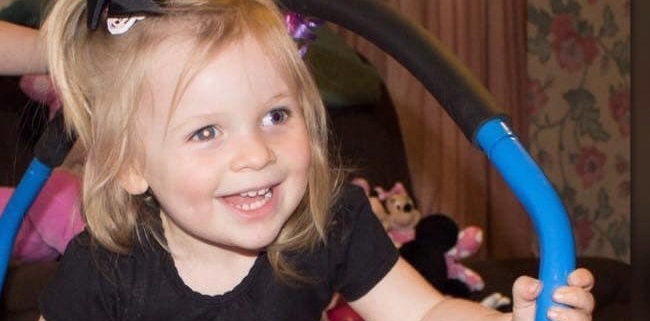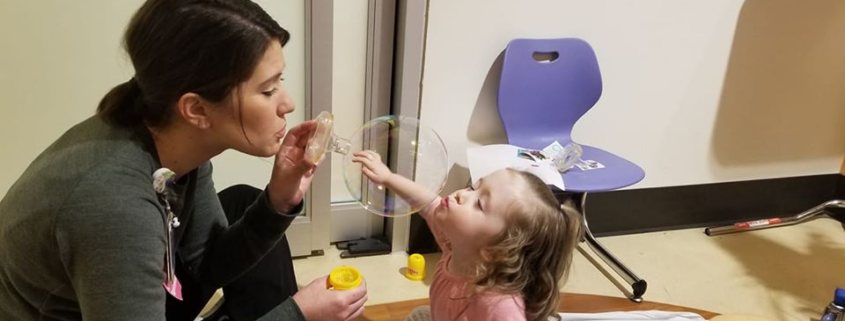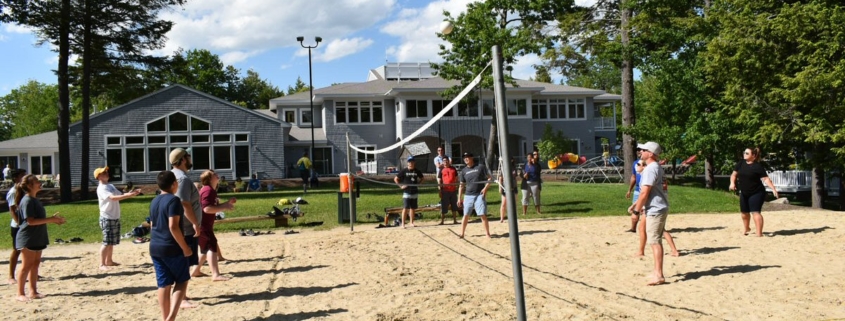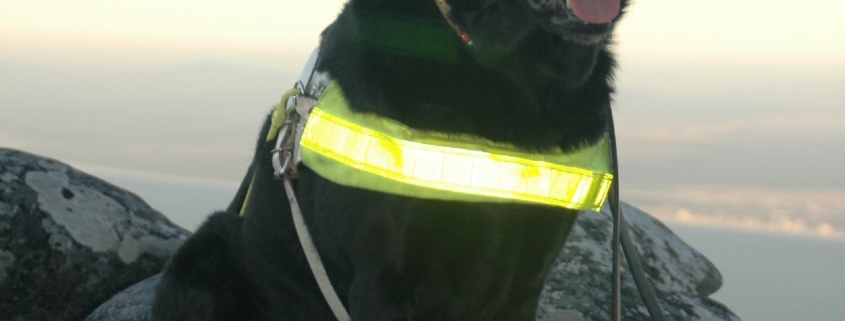How to Communicate with People Who are Blind or Vision Impaired – Part 1: General Meeting and Interaction
Most children with retinoblastoma and survivors have some degree of sight loss, and many experience awkward healthcare interactions as a result. This 3-part series shares survivor and parent tips for medical professionals caring for and working with people who are blind or vision impaired. Part 1 focuses on general meeting and interaction.

